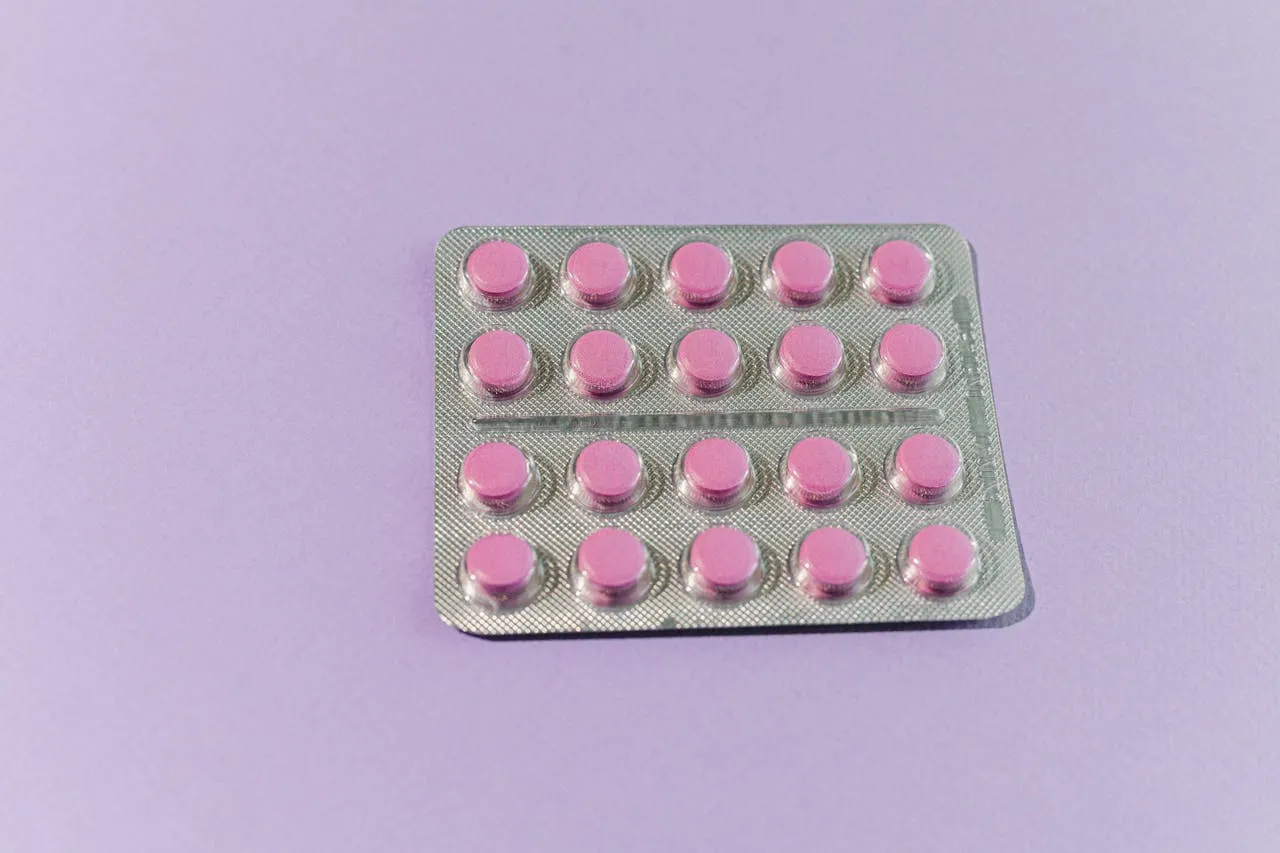
GSK plc and Medicines for Malaria Venture (MMV) have announced a major milestone in the fight against malaria, as the World Health Organization (WHO) has awarded prequalification to tafenoquine. This is the first single-dose medicine for the prevention of relapse in Plasmodium vivax (P. vivax) malaria, which is a significant advancement in malaria treatment. Tafenoquine, when co-administered with chloroquine, is now also included in the WHO’s updated malaria treatment guidelines, specifically for use in South America. This marks the first time the medicine has been recommended by WHO and represents a crucial step forward in closing the treatment gap for P. vivax malaria.
The prequalification by WHO and the inclusion of tafenoquine in updated treatment guidelines apply to both adults and children aged 2 years and older, weighing at least 10 kg. The single-dose treatment option helps overcome the challenges posed by the traditional one- to two-week treatment regimens for malaria. Adherence to these longer courses of treatment can be difficult for patients, particularly for those with relapsing malaria who often feel better shortly after starting the treatment.
P. vivax is the most common malaria parasite in regions outside of sub-Saharan Africa, with a high prevalence in tropical and sub-tropical areas worldwide. Children under five years old and migrant populations are particularly at risk, facing severe consequences such as recurrent malaria, anaemia, and other complications. The parasite has a complex lifecycle, including both a blood stage and an undetectable dormant liver stage, which can reactivate after a single mosquito bite, leading to repeated episodes of malaria.
Thomas Breuer, Chief Global Health Officer at GSK, expressed his excitement about the WHO prequalification of tafenoquine, calling it a significant opportunity to positively impact the lives of vulnerable populations. He emphasized that the inclusion of tafenoquine in the updated malaria guidelines is an important step in the global effort to eliminate malaria. He also reiterated GSK’s commitment to ensuring that the new single-dose treatment remains accessible and affordable for those in malaria-endemic regions.
Martin Fitchet, Chief Executive Officer of MMV, called the WHO’s prequalification of tafenoquine a “historic milestone” in the battle against malaria. He highlighted that the medicine’s inclusion in WHO’s updated malaria guidelines would provide an effective, well-tolerated, and single-dose cure to prevent malaria relapses in some of the world’s most vulnerable populations. Fitchet further praised the achievement as a testament to the power of innovation and collaboration in advancing global health.
Tafenoquine is an 8-aminoquinoline antimalarial drug designed to target the liver-stage of P. vivax malaria. It is recommended as an alternative to primaquine, which has traditionally been used to prevent relapses of P. vivax in children over two years old in South America. Tafenoquine provides a radical cure for P. vivax by treating both the blood and liver stages of the disease with a single dose of the drug, when given alongside chloroquine.
However, tafenoquine, like all 8-aminoquinolines, can cause haemolytic anaemia in patients with glucose-6-phosphate dehydrogenase (G6PD) deficiency. G6PD testing must be conducted before prescribing tafenoquine to ensure patient safety. The G6PD testing is made possible by the ‘STANDARD’ G6PD test, developed in partnership between SD Biosensor and PATH. This test, which can measure G6PD enzyme activity levels in just two minutes from a finger-prick blood sample, is essential for identifying patients at risk of adverse reactions.
WHO prequalification of tafenoquine ensures that the medicine meets rigorous standards for quality, safety, and efficacy, making it suitable for use in the target populations. The WHO prequalification programme plays a crucial role in improving access to life-saving medicines in low- and middle-income countries, where access to effective treatments for malaria is critical to saving lives.
The WHO Guidelines for malaria are updated regularly by leading experts in the field, and this recent update includes a recommendation for tafenoquine (150 mg tablets and 50 mg dispersible tablets) combined with chloroquine for use in South America. Tafenoquine’s WHO prequalification and inclusion in the guidelines follow the launch of the drug in Brazil and Thailand in June 2024. Approvals for tafenoquine have also been granted in several other countries, including Australia, Colombia, Ethiopia, Guyana, Myanmar, Pakistan, Peru, the Philippines, Vietnam, and the United States. Additionally, the drug is undergoing marketing authorization evaluations in several other countries where P. vivax malaria is endemic.
This milestone is part of a broader global effort to address the burden of malaria, particularly P. vivax malaria, and improve outcomes for vulnerable populations in malaria-endemic regions. The inclusion of tafenoquine as a treatment option provides new hope for preventing relapses of this dangerous disease, which affects millions of people worldwide. Through continued innovation and partnerships, GSK, MMV, and their collaborators are making strides toward a malaria-free world.





